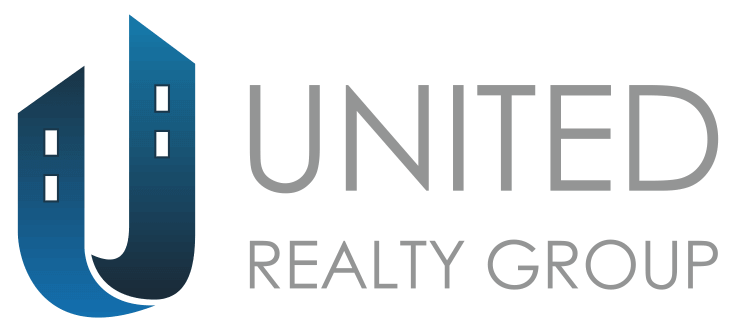Blog Post

Complete Guide to Buying A House in Your 20s
Who said you can’t be a homeowner in your 20s? Purchasing a home in your prime years is a lot more likely to happen than you might think.
According to Zillow's mid-2021 Consumer Housing Trends Report, 17% (about 1 out of 5 people) of US homebuyers are in their 20s or younger. The youngest age range captured in the report is 18 to 29 years old — a mix of Generation Z and millennial real estate investors.
That percentage is only going to grow in the coming months and years. And you could be a part of that trend, with the keys to your first-ever house on hand.
Connect with a Mortgage Lender
Your first step would be to approach a Mortgage Lender to find out what loan type would work best for you, assess your credit, and develop a plan. Your Real Estate Broker can refer to you Mortgage Lenders they have done business with before, but ultimately it is your choice.
Your Lender will need a few documents from you then your Lender will pull your credit report and help you interpret your current credit situation and develop a plan towards homeownership.
If you want to check your credit report yourself, you can get a copy of your report one-time annually for free through https://www.annualcreditreport.com/. This website is authorized by the federal government to give consumers a free annual credit report. This does not affect your credit and it generates consumer-friendly versions of your report. The report is only meant to give consumers a glimpse of where they are at since these reports only show the consumers their current open accounts, collections, and the status of payments and not your actual score.
A lot of times us Millennials and Gen Z think we can find all answers via the internet (I know that's me!) but the problem is that there is a lot of misinformation online so we suggest always having your credit pulled by a professional in the field so they can correctly explain the report.
The contents of your credit report and debt-to-income (DTI) ratio are major factors in your potential lender's decision to offer you a loan and at what rate.
Weighing your typical home loan options
- Federal Housing Administration (FHA) Loans – With its lower barrier to entry, this type of loan is ideal for many first-time homebuyers. An FHA loan has less rigid credit standards and a lower down payment (as low as 3.5%). However, borrowers are required to pay a mortgage insurance premium, which does add up to the total cost of the home over time.
- Conventional Loans – Conventional loans can be more cost-effective than FHA loans. These usually come in the form of fixed-rate mortgages. Additionally, mortgage insurance premiums are typically lower compared to FHA loans. But conventional loan requirements are more stringent — higher credit score and down payment, lower debt-to-income (DTI) ratio.
Click here to see more typical loan types.
Discuss your Student Debt with your Lender
The existence of student loans is not an issue. It's your DTI ratio that you need to keep an eye on if you're determined to qualify for a mortgage. Student loan debt can contribute to a higher DTI.
Refinancing or extending the term of your student loan is one way to manage DTI.
Reducing what you owe monthly makes space for a home loan. However, the downside to this approach is paying higher interest on the student loan long-term. Before taking this route discuss your options with your Mortgage Lender. Student loans sometimes don’t start charging until a certain point and are sometimes forgivable.
Also, payments can be higher or lower than what is reported on your actual credit report. A knowledgeable Lender will analyze the situation and see if refinancing will be helpful for the process or the opposite. For example, we have heard of cases where a potential buyers’ reported payments were less than what was being reported on the credit report. Since the potential buyer provided the student loan documents to show the correct payment amounts, the Lender was able to use what was on the student loan documents which in turn helps lower the buyer’s liabilities and increases the purchasers buying power.
Alternatively, Chicago and the state of Illinois have various homebuyer assistance programs and homeownership incentives that may prove useful if you have student debt.
Note that depending on your income and monthly debt repayment, you may not even need to resort to student loan refinancing or housing assistance.
Aim for job stability
Aside from the debt, lenders will also consider your cash flow to see if you can safely maintain monthly mortgage payments. Holding down a regular job and having an active savings account over several years can show lenders that you're stable enough to buy a home.
How much you're earning, how long your income stays consistent, and how often it fluctuates are important factors you need to think about when you embark on your home buying journey.
Be realistic
Many first-time buyers often obsess about purchasing that elusive perfect home, but the home buying journey often begins with a starter home, condo or townhome as a start to building your equity and moving towards your forever home. The affordability of a starter home makes up for its smaller square footage. Remember, your first home doesn't need to be your last.
Work with United Realty Group
Make your first-time home purchase a reality with the expert guidance of our licensed Real Estate Brokers at United Realty Group. If you have more questions about buying a home in your 20s, we're more than happy to address them.



